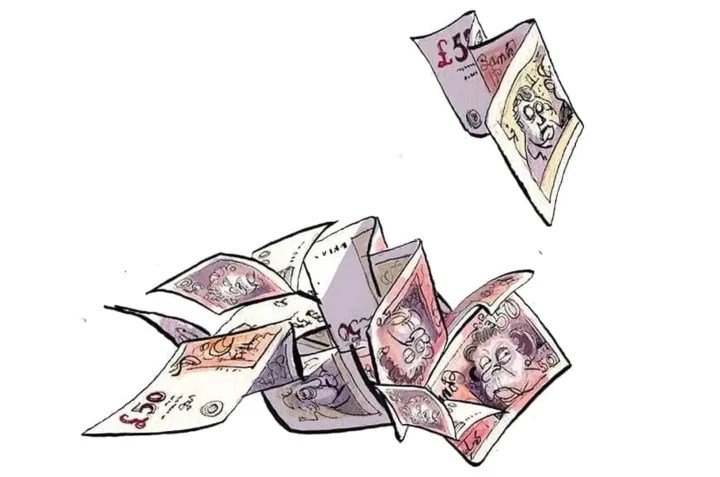For the past 18 months, the UK economy has been stuck in the purgatory of an eternally predicted but non-arriving recession. The Office of Budgetary Responsibility (OBR), Bank of England, and the IMF have been among those to have predicted recessions that have not – yet – happened.
But now, for what it is worth (which, to judge by the history of economic forecasting, is not much), one often-pessimistic body has stuck its neck out and said that Britain will avoid a recession. The EY Item Club has upgraded its forecast for economic growth across 2023 from 0.4 per cent to 0.6 per cent. Next year, it says that growth will be 0.7 per cent, and in 2025, 1.7 per cent. It also forecasts that inflation will fall to 4.5 per cent by the end of this year and 2 per cent by the end of 2024 – that would return it to the Bank of England’s target.
As ever, it is best to take such predictions with a pinch of salt. Yet it is a poignant question: just why has Britain not seen a recession, given that household incomes were shrinking in real terms until very recently, and the Bank of England’s base rate has increased from 0.5 per cent to 5.25 per cent within two years – a tenfold increase unparalleled in the history of the Bank of England? If that is not enough to provoke a recession, then what would?
The EY Item Club has an interesting perspective. As far as consumers are concerned, it argues, rising interest rates have so far had a net positive effect. For the first time in over a decade, savers are receiving more than derisory rates of interest, which is making them feel better off, even if the interest is not quite protecting the value of their savings in real terms. At the same time, the pain of higher rates has been limited because more than half of UK homes are now owned outright, without a mortgage. Those who do have mortgages tend to have fixed-rate loans, that help to delay the pain if not eliminate it.
Trouble is that the pain cannot be delayed indefinitely – month by month, more house buyers will find their fixed rates coming to an end. However, at the same time, wages have returned to real-terms growth. The ‘cost-of-living crisis’, on that basis, is over.
The EY Item Club is positive on UK businesses. Deleveraging by companies, it says, means that few will suffer serious stress from higher interest rates. In spite of paying down debt, companies have still managed to invest – business investment, it now says, will rise by 5.9 per cent across 2023, up from 1.4 per cent that it forecast in July.
How much all that would change were the situation in Gaza to escalate into a Middle East-wide conflict leading to a spike in oil prices is another matter.







Comments